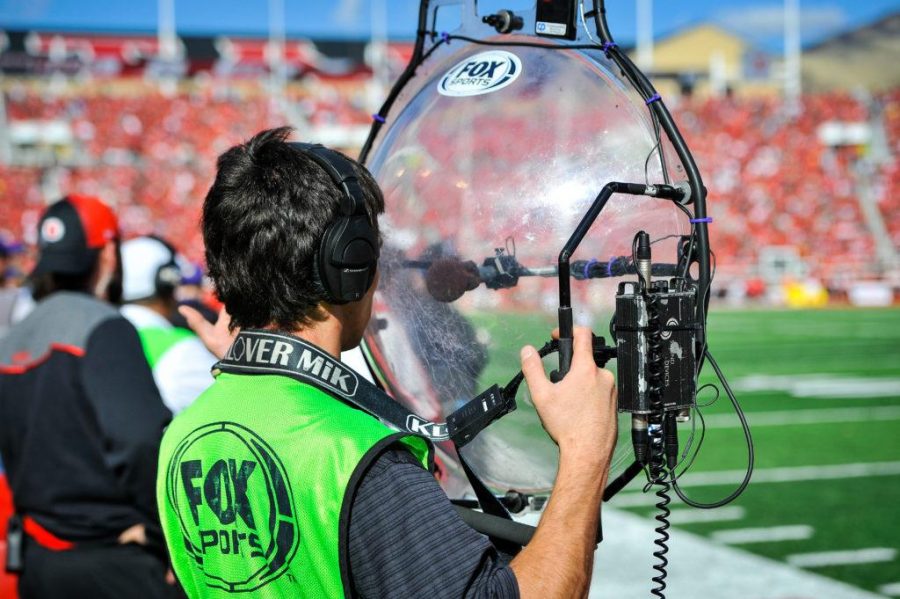Pac-12 commissioner Larry Scott announced at Pac-12 Media Days this past July that the conference is implementing a centralized command center. Located in San Francisco — the conference’s headquarters — the group of individuals at the center will help in-stadium referees with replay officiating and with making decisions on calls.
“Our team in the command center will work in concert with our in-stadium replay officials to manage the replay process for all Pac-12 home-hosted games,” Scott said. “We expect this is going to lead to even more consistency in replay reviews.”
Last season, this replay assistance was experimented with two Pac-12 teams — Cal and Oregon. According to an article by SBNation, Steven Godfrey explained Cal was chosen because of its proximity to the conference headquarters, while Oregon was picked because the conference wanted to test its connection. With how many networks visit Autzen Stadium in Eugene, the conference decided it would get a feel for how things might work when faced with different scenarios.
The experiments showed successful results, and all Pac-12 teams will now use the centralized replay system, if needed.
Utah senior defensive tackle Filipo Mokofisi believes this will help the in-stadium referees, who aren’t able to see every angle of a play, make the correct call. This might help with that, but head coach Kyle Whittingham said he doesn’t think the command center will bring about any big changes.
“It’s just the decision is coming from somewhere else instead of right up above,” Whittingham said. “I don’t think we’ll notice any difference in that. There may be some more consistency overall across the board doing it that way. I guess that would probably be one of the reasons for putting it in a command center.”
Consistency is the goal, according to Scott, but when it comes to the game getting drawn out because command centers are trying to keep things accurate, there have been bumps in the road.
The ACC and SEC both used a centralized command center last season, and one issue the SEC encountered when using collaborative replay was an increase in the average review length time. According to a CBS Sports article by Jon Solomon, the average time went up six seconds to 1:22.
Whether time spent reviewing a replay with the center involved takes more time than usual or not, Mokofisi believes taking the necessary time to get more eyes on the replay is a solution to help avoid missed calls.
“As long as we’re getting the right calls, I think that’s the best that we can do,” Mokofisi said.
What takes place in the Pac-12 centralized command center this upcoming football season has the possibility to improve the game, but for Utah overall, this change isn’t something the team is counting on to influence game results.
“As coaches and players, those players have no idea who’s looking at that replay,” Whittingham said. “Whether it’s in San Francisco or right up in our press box, it really has no bearing.”
b.colindres@dailyutahchronicle.com
@Britt_Colindres


